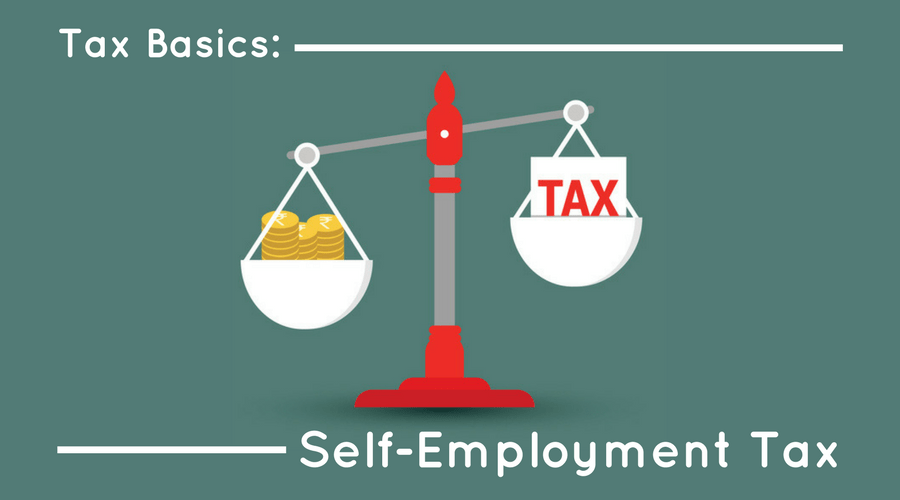Are you prepared to explore the world of independent work? Understanding the complexities of self-employment taxes is an essential first step towards financial success, regardless of whether you’re hoping to be a freelancer,
a fledgling business owner, or an experienced company head. Don’t let tax season surprise you! Let’s explore the fundamentals of self-employment taxes to make sure you’re ready for this fascinating career.
Self-employment taxes are taxes that self-employed individuals pay to fund Social Security and Medicare. Self-employed individuals are responsible for paying both the employer and employee portion of these taxes.
The Basics of Self-Employment Taxes
The current self-employment tax rate is 15.3%, which consists of 12.4% for Social Security and 2.9% for Medicare.
Self-employed individuals must pay self-employment taxes if they earn $400 or more annually, calculated by subtracting business expenses from income.
They can pay quarterly or annually, with quarterly payments due on April 15, June 15, September 15, and January 15, and annual payments due by April 15.
They can deduct half of their self-employment taxes from their adjusted gross income (AGI) when filing their tax return.
Here are some tips for paying self-employment taxes:
Estimate your quarterly payments. If you choose to pay self-employment taxes quarterly, you will need to estimate your payments each quarter. You can use Form 1040-ES to estimate your payments.
Make your payments on time. If you miss a self-employment tax payment, you may be charged late payment penalties and interest.
File your tax return on time. If you miss the deadline to file your tax return, you may be charged late filing penalties.
Recognize your self-employment status, whether as a sole proprietor, freelancer, or independent contractor, as you are responsible for handling your own taxes, unlike traditional employees who have their taxes withheld by employers.
Self-employment taxes are not the same as income taxes. Income taxes are taxes that are paid on all income, including wages, salaries, and investment income. Self-employment taxes are only paid on net earnings from self-employment.
Self-employed individuals are not eligible for unemployment benefits or paid sick leave.
Self-employed individuals are responsible for their own health insurance coverage.
In conclusion, Although working for yourself can be a terrific way to make money, you need be mindful of your tax responsibilities.
You may make sure you are paying the right amount of taxes and avert any expensive penalties by being aware of the fundamentals of self-employment taxes.
